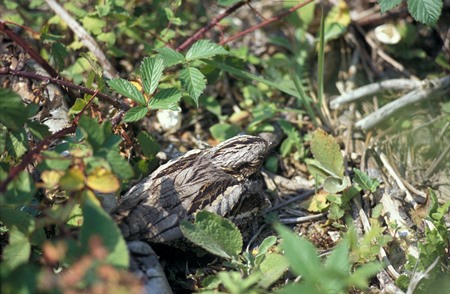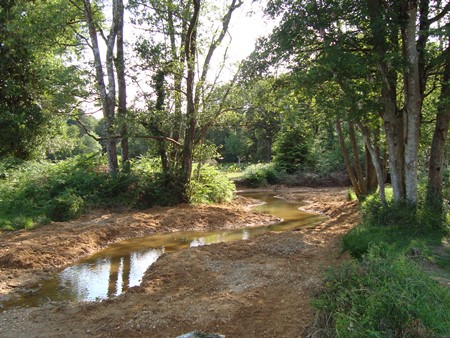EU Referendum: Brexit and the Environment
 Ahead of the EU referendum vote in June, ICF is showcasing different member perspectives on the implications of a vote to exit. In our latest guest blog, Roderick Leslie FICFor, examines the implications of Brexit on the environment.
Ahead of the EU referendum vote in June, ICF is showcasing different member perspectives on the implications of a vote to exit. In our latest guest blog, Roderick Leslie FICFor, examines the implications of Brexit on the environment.
The economic case for Brexit is built on a lie: that leaving the EU would free Britain from regulations and make it free to compete, shot of red tape. The truth is that, if we wish to continue to trade with the EU tariff free, we will have to comply with all the regulations – but have virtually no say in what they are. Beyond that, in the largely fact free debate over Brexit all the ills of the world are heaped on the EU. A good example is the murky issue of ‘European Protected Species’ which my recent researches have revealed to be a confused mish mash between EU Directives, historic domestic legislation, attempts to align that legislation with the EU Directives and the international Berne Convention which would still apply if we left the EU. Out of all that, on balance I think the EU Directives are probably the clearest element.

Photo: Nightjar have special protection under the EU Birds Directive. Following a long decline the habitat provided by 1st rotation conifer clearfells has doubled their UK population and the 18,000 ha Special protection Area designated for Thetford Forest is an exemplar of sustainable land management and nature conservation working hand in hand.
Similarly, problems over upland afforestation have much more to do with a generation of administrators locked in the disputes of the late 1980s than anything to do with EU regulation.
Fortunately, forestry is to some extent removed from the debate by the fact that it is to a large extent self-regulating through certification which is not controlled by government, and cuts out government by working direct to its customers.
Probably the biggest unknown, barely mentioned up till now, is the fate of agricultural subsidies. It is virtually inconceivable that post-Brexit subsidy would continue at current levels if at all, despite large landowner’s traditional influence in the Conservative party. Britain will get its current EU contributions back but there will be pressing competition for that money from far more influential political voices and even if promises are made they will not survive the first, and fairly rapid, economic crisis to follow Brexit.

Photo: Originally funded by the EU LIFE programme for habitat conservation, river re-aligment back to the natural course is now a valuable practical example of how river and land management can help alleviate flooding.
Superficially that sounds like good news for forestry, where massive subsidies to sheep farming are the biggest single factor in upland land use. However, the reality is different because turmoil over subsidies will seriously damage confidence in land based business and in particular the rise in capital values that has so benefitted forestry will go into reverse.
And finally, of course, it isn’t even Brexit: the chances that Scotland will leave the UK are at least as great as the chances it will leave the EU and this is obviously of particular importance with forestry one of the few UK industries where Scotland dominates.
ICF members can have their say on all our blogs in the ICF Members LinkedIn Group.





